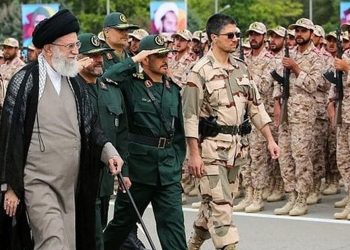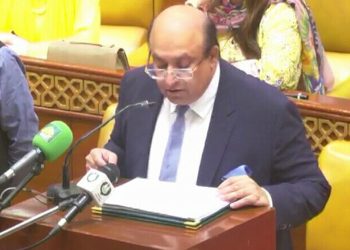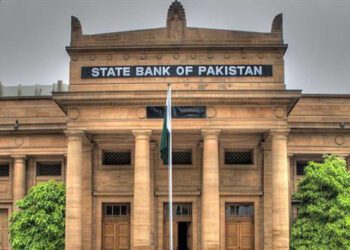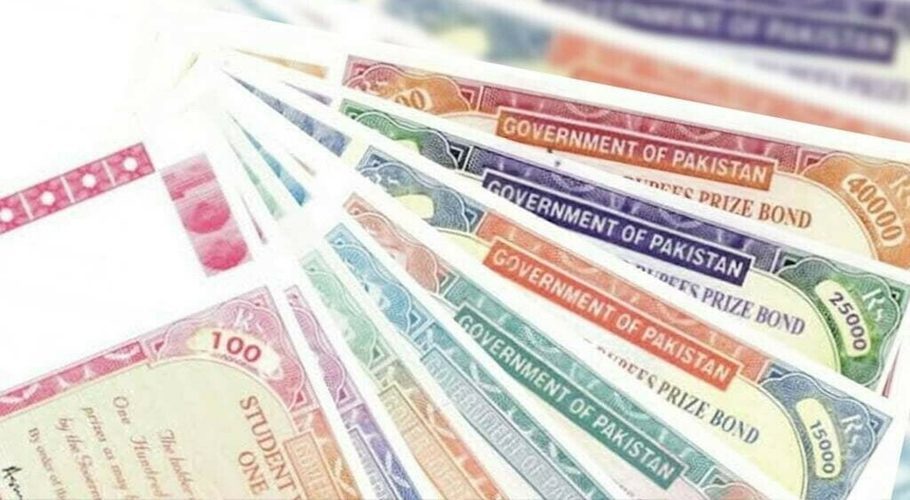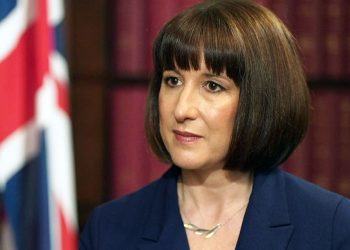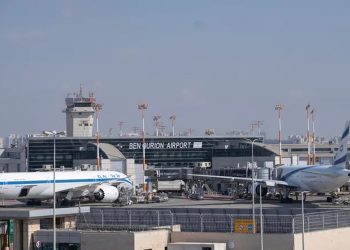The International Monetary Fund (IMF) has urged the government to terminate subsidies for protected gas consumers, marking another move towards fiscal austerity. While gas consumers face escalating prices, the IMF has called for an end to subsidies, particularly for the most economically vulnerable segments of society.
Specifically, the IMF has requested that the government cease the budgeted subsidy for gas consumers starting from July 1, 2024. This decision comes in response to the diversion of Re-Liquefied National Gas (RLNG) to domestic consumers. In the previous fiscal year 2022-23, the government allocated Rs40 billion as subsidy for domestic consumers due to RLNG diversion, followed by an additional Rs29 billion subsidy in the ongoing financial year 2023-24.
In efforts to reduce cross-subsidies amounting to Rs100 billion, the caretaker government implemented a significant increase in gas tariffs for protected domestic consumers, ranging from 40% to 65.29%, effective from February 1, 2024. Tariff adjustments include raising rates from Rs121/MMBtu to Rs200/MMBtu for consumers using up to 0.25 hm3 per month, from Rs150/MMBtu to Rs250/MMBtu for those consuming 0.5 hm3, from Rs200/MMBtu to Rs300/MMBtu for 0.6 hm3 users, and from Rs250/MMBtu to Rs350/MMBtu for 0.9 hm3 users.
However, while advocating for the phasing out of subsidies, the IMF emphasizes the importance of protecting vulnerable populations through affordable tariff structures. It suggests exploring alternative mechanisms such as the Benazir Income Support Programme (BISP) to provide subsidies for gas tariffs. The government is urged to devise a plan in collaboration with the IMF to ensure that protected consumers receive necessary assistance while moving towards full-cost gas pricing to eliminate cross-subsidies.









